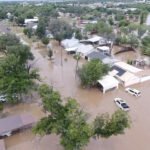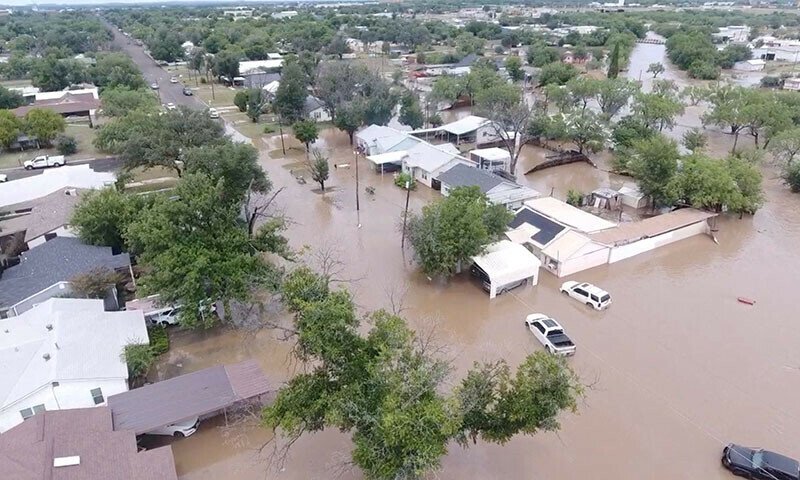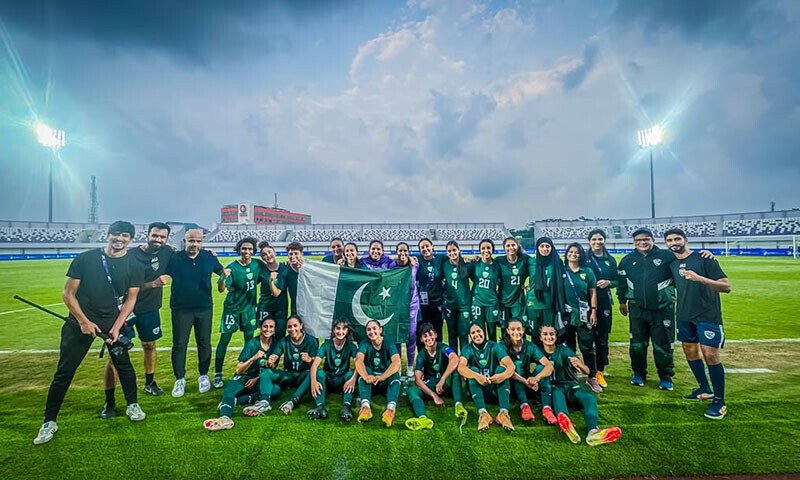The Telecommunications Authority of Pakistan (PTA) on Monday began the license of the Virtual Private Network (VPN) service providers in the class license category for the provision of data services in the country.
A class license allows several users to operate under a general set of conditions without the need for individual approval. As of December 2024, PTA resumed the granting class licenses for data services, specifically for VPN service providers. Entities that offer VPN and related services must obtain this license to legally operate within Pakistan.
“As part of this process, PTA has approved the requests of two companies for the concession of class licenses to provide VPN services,” said a press release issued by the Telecommunications Authority.
“This initiative allows companies to use VPN for legal purposes, guarantee data security, privacy and regulatory compliance while promoting transparency.
“The PTA remains committed to supporting organizations to meet their connectivity needs responsible,” he said.
In December of last year, the PTA devised a new strategy to ‘register’ VPN after its previous efforts to ensure that compliance has not produced the desired results.
The telecommunications regulator initially decided to prohibit VPNs on the lack of legal reasons, but then withdrew the decision.
VPNs are widely used worldwide to access content that can be inaccessible or blocked for Internet users in their country of origin. In the case of Pakistani, VPNs are used to access X, among other restricted websites.
In August, the Telecommunications Authority of Pakistan (PTA) was squeezing the use of VPN, with the aim of avoiding access to the social media platform already prohibited X.
Information Minister Attaullah Tarar said in September that X had been prohibited due to national security problems, not to stop freedom of expression. He added that “separatists and terrorists” were using the platform against Pakistan, which could not afford.
In the same month, the PTA dissipated the rumors and clarified that the VPNs in the country were not being blocked.








